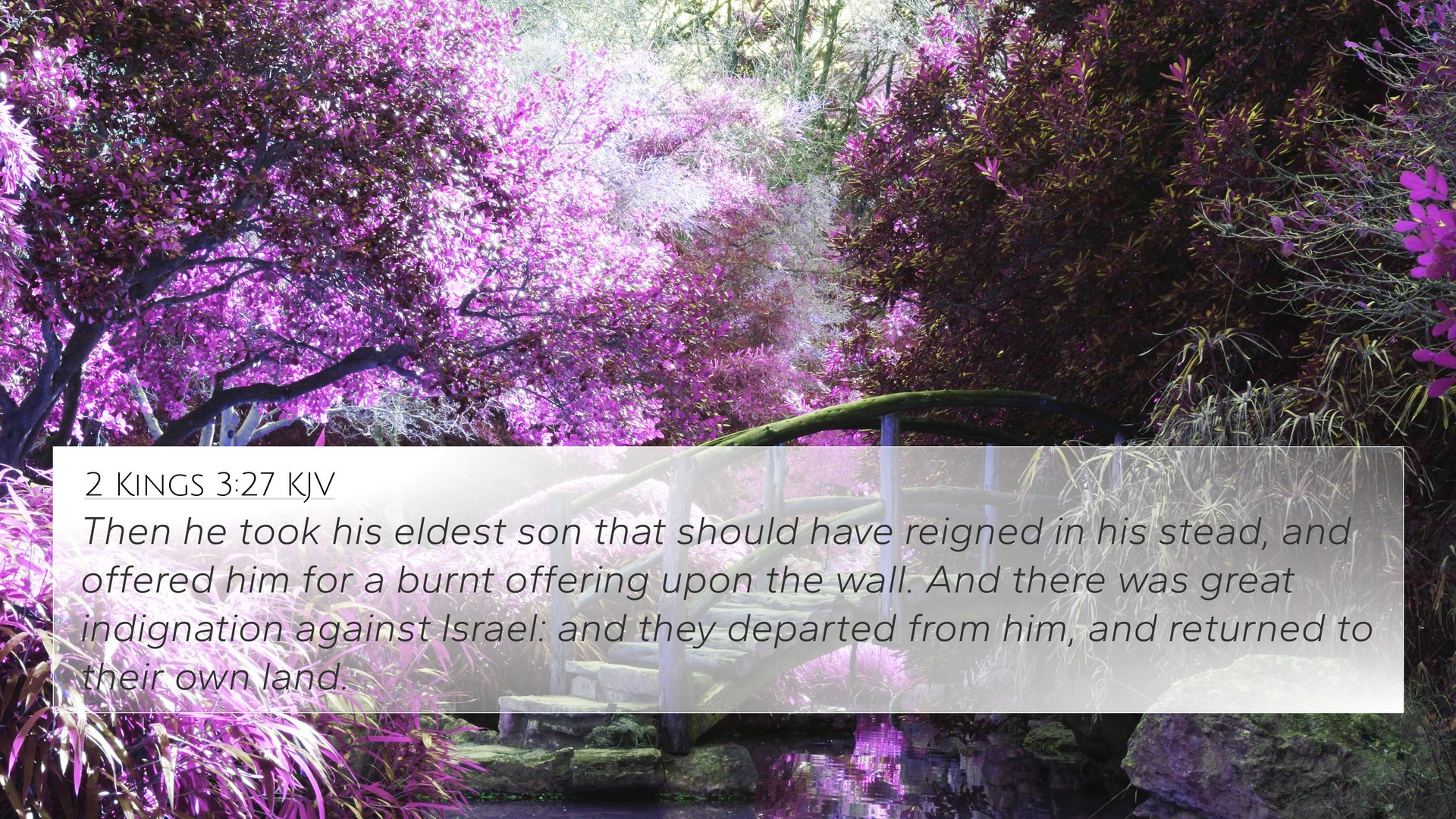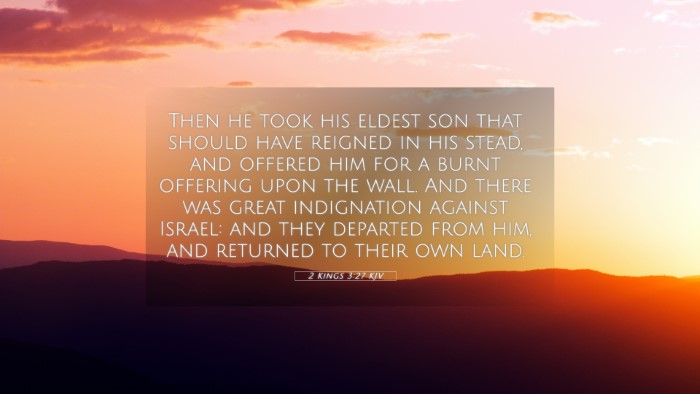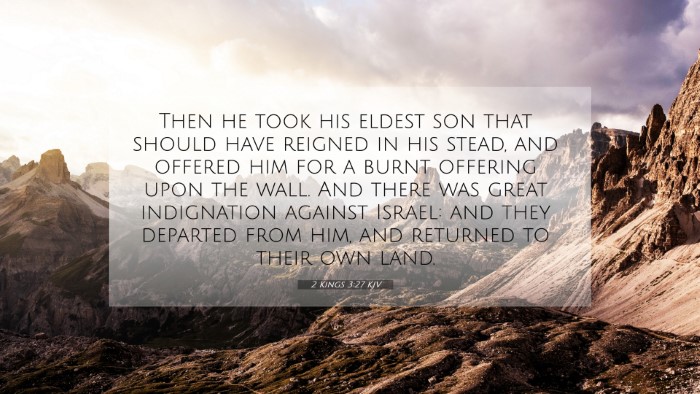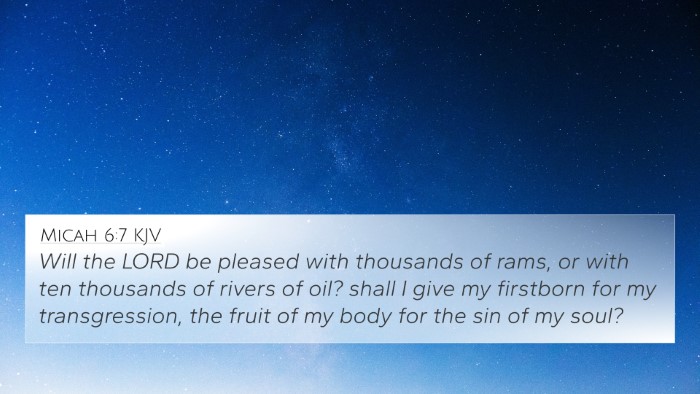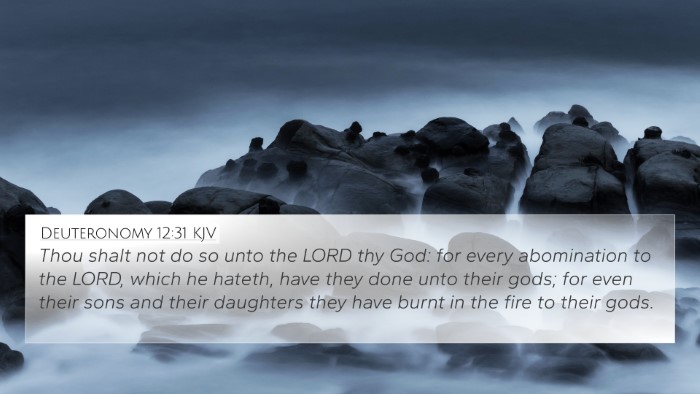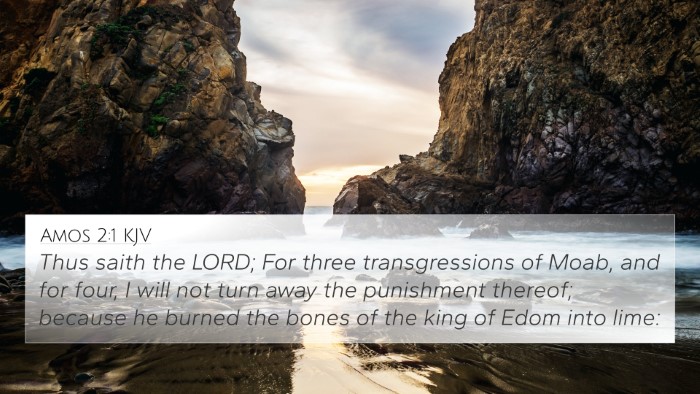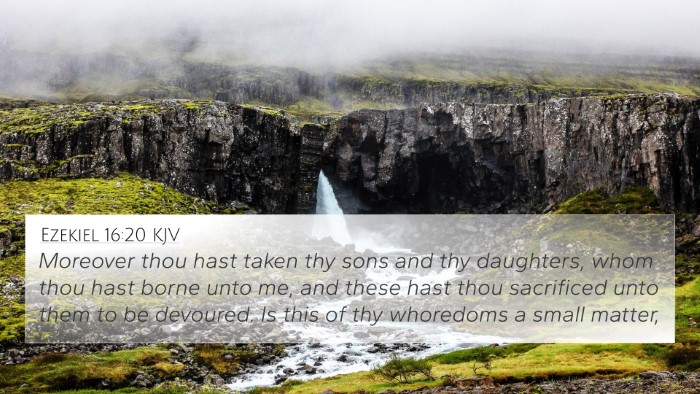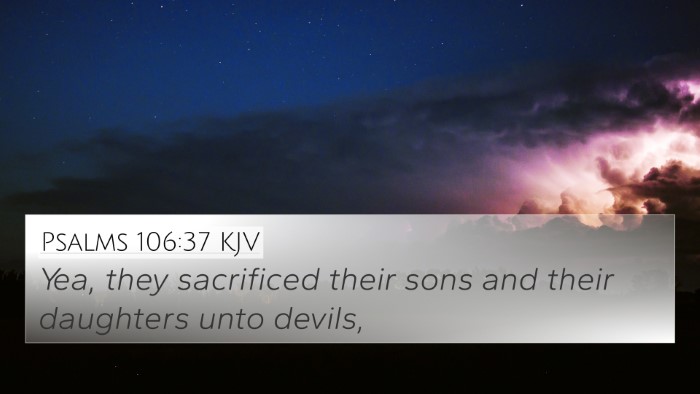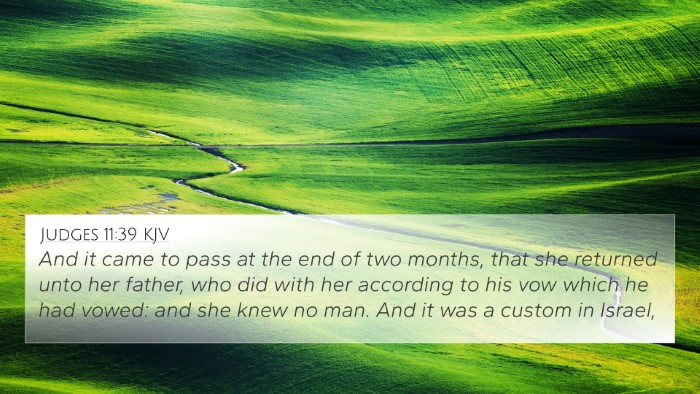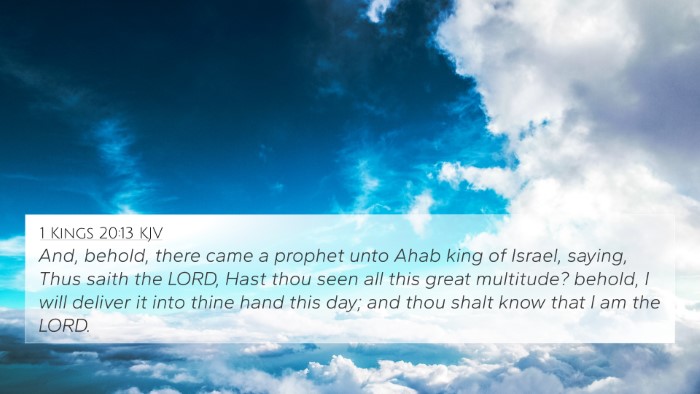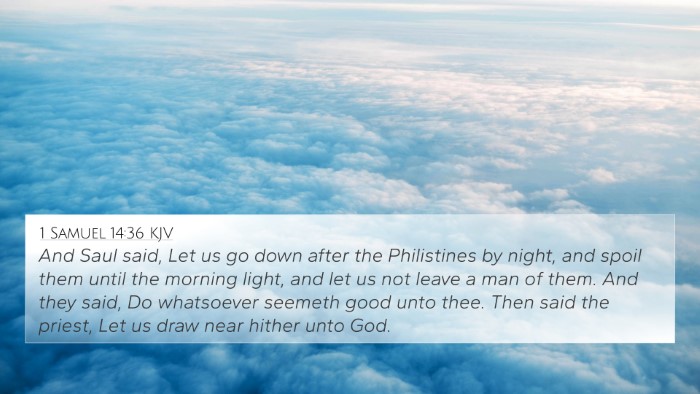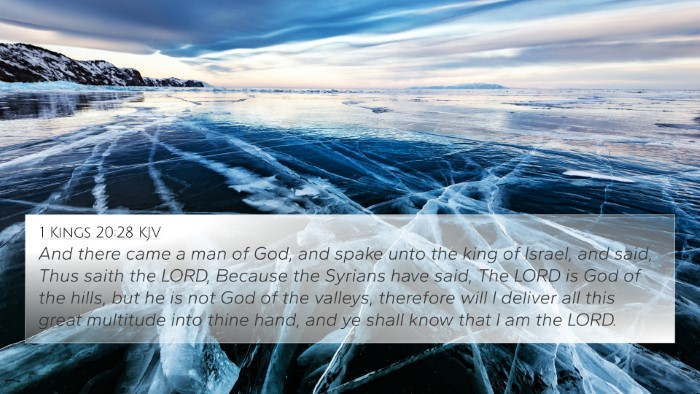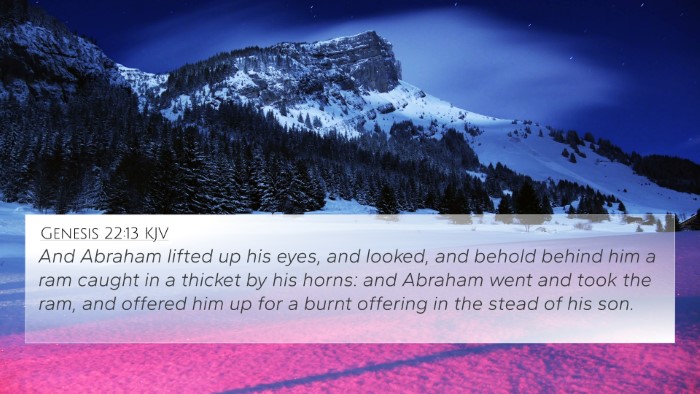Meaning and Interpretation of 2 Kings 3:27
2 Kings 3:27 reads: "Then he took his eldest son that should have reigned in his stead, and offered him for a burnt offering upon the wall. And there was great indignation against Israel: and they departed from him, and returned to their own land."
This verse recounts a pivotal moment during a siege of Moab, highlighting the extreme measures taken by the king of Moab in a desperate situation. The act of sacrificing his son signifies profound anguish and illustrates the desperation in the face of overwhelming odds.
Insights from Commentaries
Matthew Henry's Commentary
Matthew Henry notes that the king of Moab's sacrifice was an act of utter despair and desperation. He highlights how this act not only demonstrates the deep-seated anguish of the Moabite king but also raises questions about the nature of sacrifice and its implications on the morale of a besieged people. The ensuing indignation against Israel displayed a significant moral lesson about the consequences of such extreme actions.
Albert Barnes' Commentary
Albert Barnes emphasizes the severity of the situation and the lengths to which the Moabite king went to invoke divine favor or a change in fortune. He points out that such a sacrifice was horrific and a reflection of the pagan practices of the time. This act led to a mix of fear and anger as it painted Israel as the aggressor in the eyes of the Moabites, ultimately leading to their withdrawal.
Adam Clarke's Commentary
Adam Clarke highlights the significance of the firstborn as a burned offering, linking it to the cultural practices prevalent among pagan nations. He interprets this event as an indication of the desperate state of Moab and suggests that this act not only failed to alter his nation's plight but also ultimately backfired, leading to a stronger resolve in Israel. Clarke urges readers to reflect on the tragic results of such an act of desperation.
Thematic Bible Verse Connections
This verse connects thematically with several Biblical narratives that discuss sacrifice, desperation, and the consequences of actions taken in fear. Below are some pertinent cross-references:
- Genesis 22:2 - The sacrifice of Isaac highlights the theme of sacrificing what is most dear.
- Jeremiah 19:5 - Discusses the abominable act of child sacrifice in the context of pagan worship.
- 2 Kings 16:3 - Refers to Ahaz sacrificing his son, showing the recurring theme of desperation leading to grave sacrifices.
- Leviticus 18:21 - Provides clarity on the prohibition against child sacrifice in Israel.
- Micah 6:7 - Questions whether God desires burnt offerings or the sacrifice of a firstborn, echoing views on proper worship.
- Romans 12:1 - Paul calls believers to present their bodies as living sacrifices, contrasting true worship against pagan practices.
- Hebrews 11:17 - Speaks of Abraham's faith in offering Isaac, which contrasts the desperate offering by the Moabite king.
- Psalm 106:37-38 - Reflects on the idolatrous sacrifices made by the Israelites during their unfaithfulness.
- Deuteronomy 12:31 - Warns against adopting the detestable practices of neighboring nations, reinforcing the moral teachings surrounding sacrifice.
Conclusion
This verse of 2 Kings 3:27 serves as a profound reminder of the gravity of decisions made in moments of despair and the moral repercussions such actions can yield. The combined insights from various commentaries deepen the understanding of this narrative, revealing connections not just within the Old Testament but also its reflection and implications in the New Testament teachings.
Cross-Referencing Bible Study
Understanding this verse and its implications can enhance one's study of the Bible. Utilizing tools for Bible cross-referencing such as a Bible concordance or a Bible cross-reference guide can lead to a comprehensive understanding of the interconnectedness of scriptures. This verse itself can lead to a detailed analysis of various themes regarding sacrifice and worship.
When studying inter-Biblical dialogue, the connections between the Old Testament narratives and New Testament teachings can shed light on the continuity of God's themes and purposes throughout scripture.
